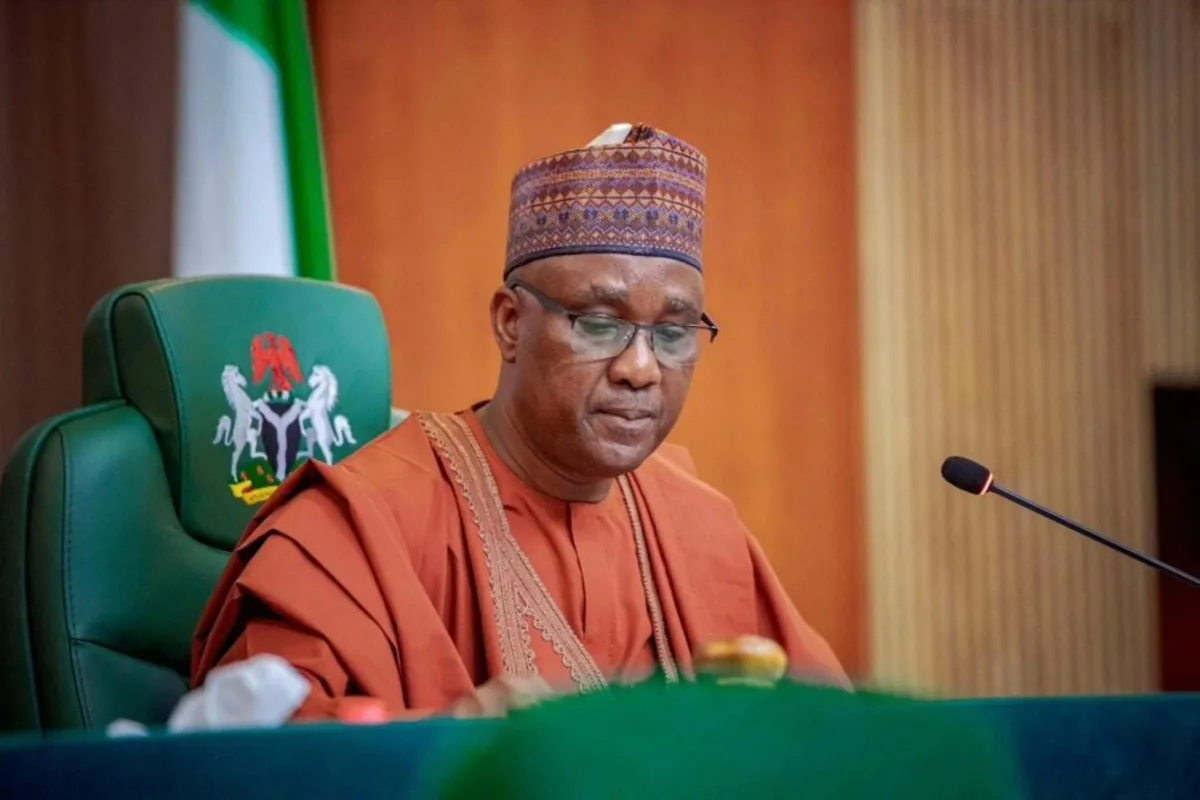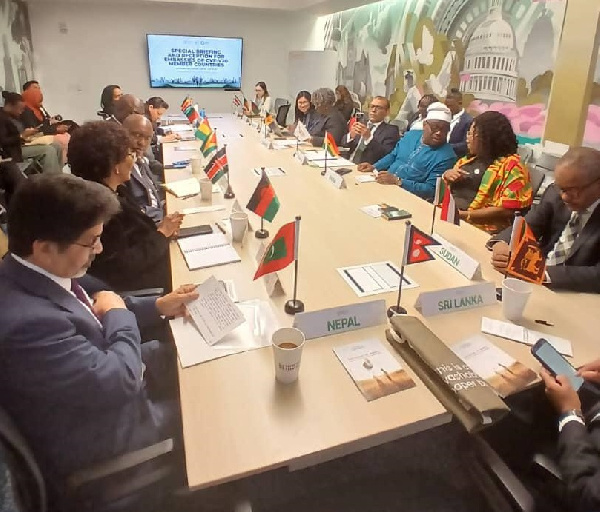Copyright tribuneonlineng

The Speaker of the House of Representatives, Abbas Tajudeen, on Wednesday urged a modern, technology-driven system for the registration of births, deaths, marriages, and other vital events, describing accurate data as the foundation of effective national planning and governance of the country Speaker Tajudeen made the call while declaring open a public hearing on the bill to repeal and re-enact the Births, Deaths, etc. (Compulsory Registration) Act. Tajudeen, represented by Rep. Godwin Offiono (Cross River), said the proposed legislation seeks to modernise Nigeria’s civil registration system by introducing an electronic framework for collecting and managing vital statistics. “Accurate and timely registration of births, stillbirths, deaths, marriages, and other vital events is essential for national planning, social development, and good governance,” Tajudeen said. “The current Act was made for a different era, one without digital tools or modern data systems.” He noted that Nigeria’s realities have evolved, with rapid population growth, migration, and increasing demand for data-driven policymaking, necessitating a system aligned with international best practices and UN standards. “The electronic registration framework will help eliminate duplication and fraud, enhance identity management, and improve access to certificates across all regions,” he said. He added that innovations like the modern, electronic, and efficient Civil Registration and Vital Statistics (CRVS) framework align with international best practices and the United Nations recommendations. Tajudeen explained that an electronic civil registration system will ensure accuracy and integrity of vital data, reduce duplication and fraud in identity systems, and improve access to birth and death certificates across all regions. In his remarks, the Chairman of the House Committee on Population, Rep. Odimayo Okunjimi, said the existing legal framework for civil registration is obsolete and incapable of meeting the demands of a digitally driven society. “Without reliable civil registration and vital statistics, the nation cannot effectively plan or deliver social services,” Okunjimi stated. “This Bill will establish a unified, modern system that reflects today’s realities and future needs.” Okunjimi said that the current Act is not just obsolete but designed for a time when population mobility, digital recordkeeping, and demographic planning were at a very different stage. According to him, weak data integration between federal and state systems, and an absence of digital infrastructure for secure and accessible recordkeeping. He pointed out that without reliable civil registration and vital statistics (CRVS), the nation would lack the foundation for effective planning, social services delivery, and population management. “This Bill seeks to repeal the existing law and re-enact a modern, comprehensive, and technology-driven framework that reflects present realities and future needs,” he said. Okunjimi explained that the bill is tailored to establish a unified national system for the registration of births, deaths, marriages, divorces, adoptions, and other vital events. “Clarify institutional responsibilities, ensuring effective coordination between the National Population Commission, state registries, local government councils, and relevant ministries,” he said. He said that the reform of Nigeria’s vital registration system is not just a bureaucratic exercise, but a national imperative. Okunjimi reiterated that the modernisation of this Act would strengthen identity management, improve governance, enhance national security, and build a data-driven foundation for sustainable development. He added that the bill will also clarify institutional roles, ensuring stronger coordination between the National Population Commission (NPC), state registries, and local government councils. Also speaking, the federal Commissioner representing Adamawa in the National Population Commission (NPC), Mr Clifford Zirra, commended the Committee for the bill. Zirra said that these proposed amendments were imperative in improving the mandate of the population commission. “These amendments could not have come at a better time than now, as the Commission seeks to mainstream technology and digital devices in the provision of its services. “Provide interoperable digital platforms that enable collaborations with sister government agencies and partners and bridge gaps observed in the implementation of these legislations in the last three (3) decades,” he said. The NPC commissioner said that the Commission is glad to have been working with the Private Consultant (with the support of UNICEF) through the entire process of reviewing the Bill, up to this current stage of public hearing. He said that the bill will eliminate duplication, ensure clarity, and facilitate effective implementation of the mandate of the Commission. Zirra, however, expressed confidence that a holistic amendment and consolidation of the National Population Act and the Births, Deaths, (Compulsory Registration) Act will provide a comprehensive framework for civil registration and vital statistics. Also speaking, Mr Clifford Zirra, the Federal Commissioner representing Adamawa in the NPC, commended the initiative, noting that the amendment comes at a crucial time as the Commission works to mainstream digital technology in its operations. “These reforms will ensure interoperability between government platforms and close the gaps that have hindered effective implementation over the past three decades,” Zirra said. He confirmed that the NPC, with support from UNICEF and private consultants, has been actively involved in reviewing the bill to ensure a comprehensive, technology-friendly framework that strengthens the Commission’s mandate. The Committee’s Legal Consultant, Ms Celestial Nwabueze, added that the bill aligns with international best practices and provides a legal foundation for effective civil registration in Nigeria. If passed, the bill will replace outdated laws, establish a national digital registry, and strengthen Nigeria’s capacity for data-driven development and security planning. ALSO READ TOP STORIES FROM NIGERIAN TRIBUNE



